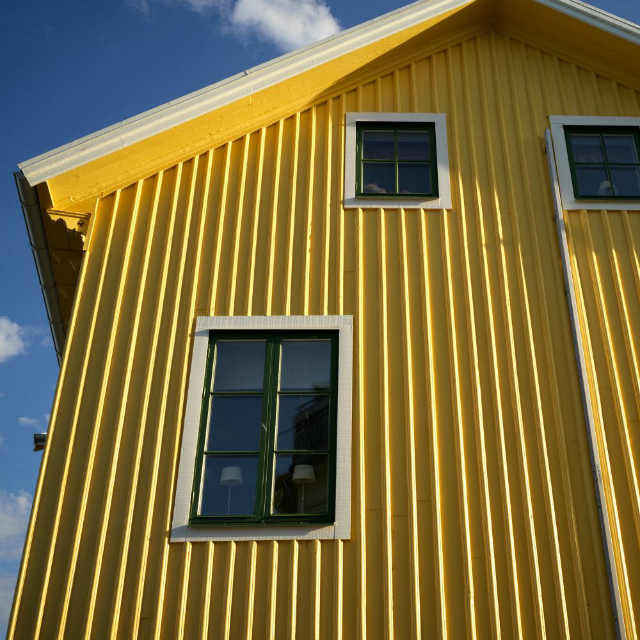Hasselblad’s X1D is the world’s first medium format mirrorless camera
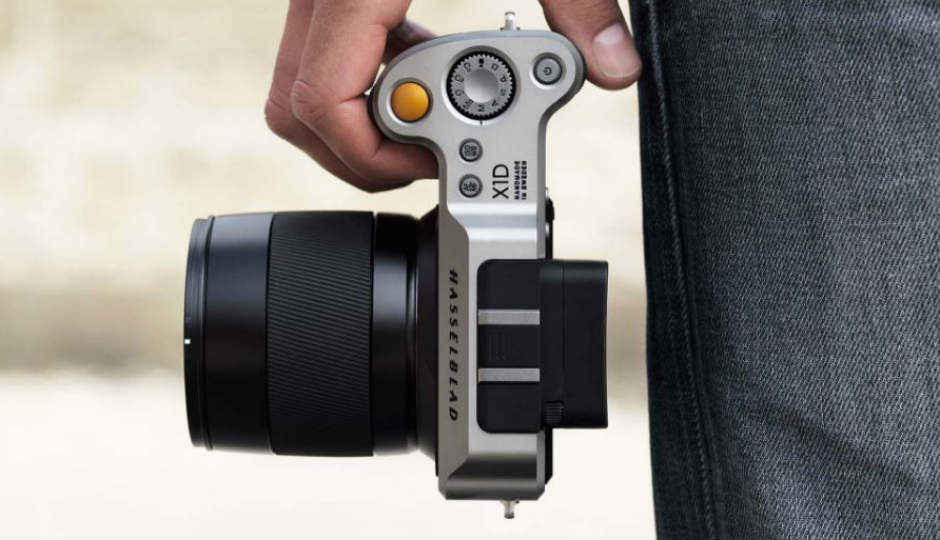
The world's first seriously compact digital medium format camera.
Hasselblad, as we’ve come to see, has been a notable game changer in the world of photography. The 175-year-old Swedish imaging giant has been one of the biggest innovators of medium format and full frame cameras, pushing the boundaries within which we confine our daily dose of photography to. The Hasselblad X1D here is precisely what Hasselblad does best – bring about the next level of innovation in the field of cameras.

The Hasselblad X1D is the world’s first medium format camera that can practically fit on your palm. It’s still large in comparison to the other mirrorless cameras in the market, but none house as large an image sensor as the X1D. At 725 grams, the Hasselblad X1D is about half the weight of a conventional medium format camera. To quickly run through the specifications, it packs in a 50-megapixel CMOS (Complementary Metal Oxide Semiconductor) sensor with 14-stop dynamic range, native ISO range of up to 25600, shutter speed range from 1/2000th of a second to 60 minutes with the new Hasselblad XCD lenses, 16-bit colour definition, max capture rate of 2.3 frames per second, a 24-bit colour touch TFT display, front-mounted IR filter and a 2.36MP, 1024×768-pixel electronic viewfinder.
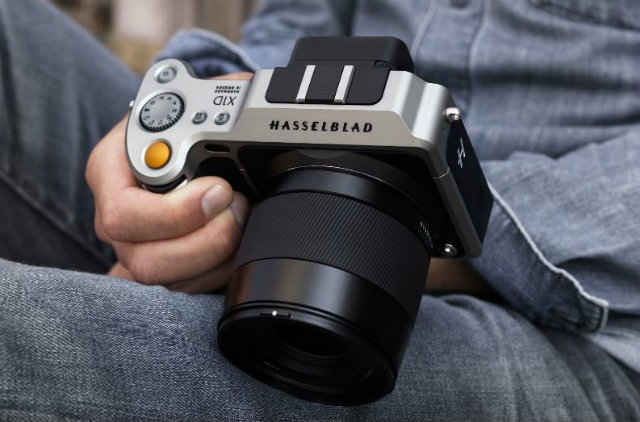
The Hasselblad X1D can shoot RAW in 3FR (with non-applied analogue calibration data, unlike FFF-format RAW), with average photograph size marked at 65MB, and 8-bit TIFF photographs with average photo size of 154MB. The X1D features a Nikon-compatible hot-shoe, dual-SD card slots, integrated WiFi, GPS, a mini-HDMI port and even a USB-C port. The Aluminium-milled casing is weather- and dust-sealed, adding durability to the compact, medium format body.
Hasselblad has realised the needs and callings of the present market, and wants to be more inviting to more photographers. The addition of integrated connectivity and location modules along with the USB-C port is a crucial symbol of the Swedish camera-maker’s intent. Alongside, the new lineup of XCD lenses are expected to bring sharper, higher definition optics to the camera. Hasselblad has introduced two lenses under the XCD lineup, a 45mm f/3.5 lens priced at $2,295, and a 90mm f/4.5 lens priced at $2,695. The X1D body will cost $8,995 (approx. Rs. 6,05,000), while the 45mm f/3.5 kit costs $11,290, and the two-lens kit will cost $13,985. The Hasselblad X1D will also be compatible with the 12 H-System lenses with an adapter that is to be purchased separately.
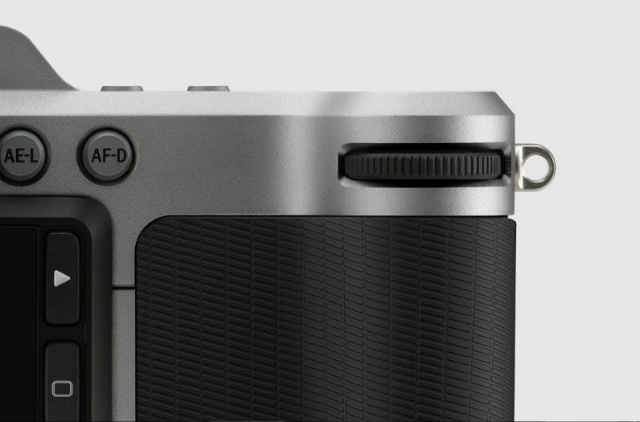
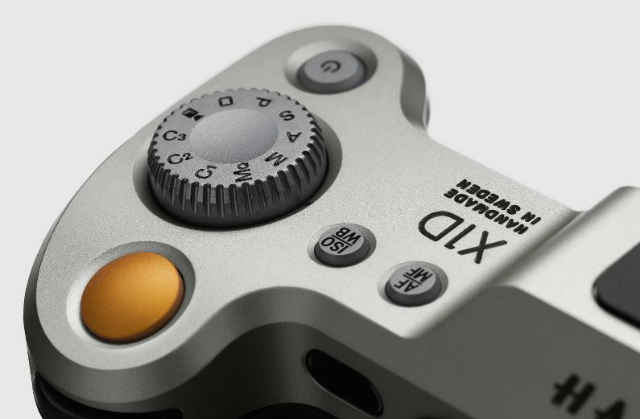
The Hasselblad X1D is the first camera that brings the excellence of Hasselblad’s optics with a large, medium format sensor to a compact, durable shell in mirrorless mechanism. Sony is the other leading player in the realm of professional mirrorless cameras, with its Alpha 7R presenting a 35mm full frame sensor in mirrorless mechanism, native ISO range of up to 51200, and operational weight of 465 grams. Priced at Rs. 1,24,990 (body-only), the Sony Alpha 7R is one of the best mirrorless cameras in commercial usage now. What Hasselblad brings to the table are higher dynamic range, a larger sensor capable of shooting higher resolution photographs, faster processing times and the goodness of Phocus to process RAW stills.
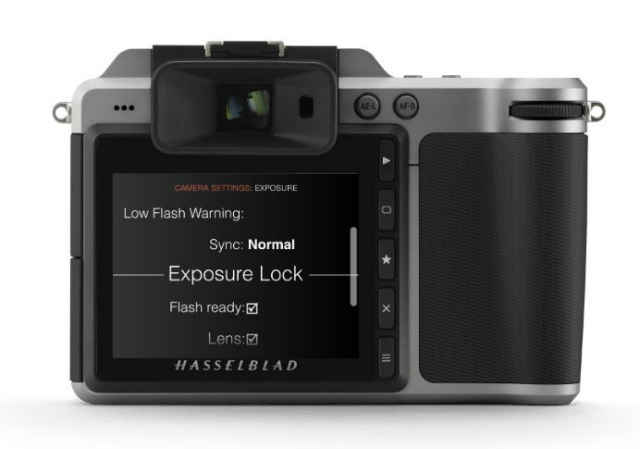
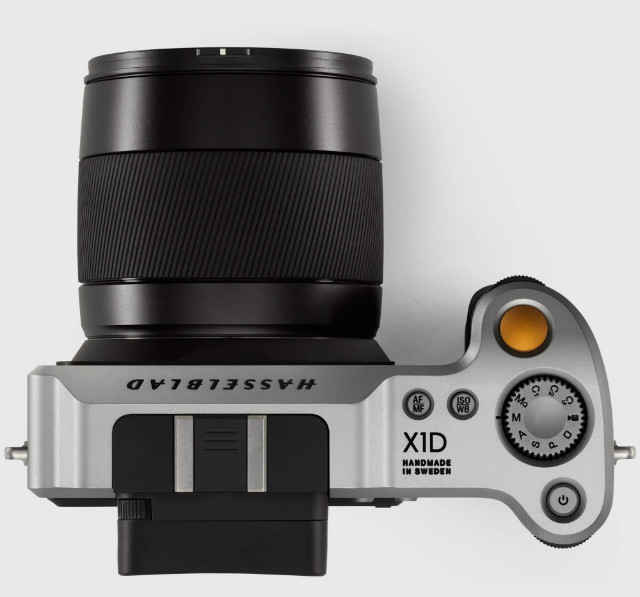
Demonstrations of the Hasselblad X1D begin in July, and unit shipments begin in August 2016. Check out some of the sample photographs put up by Hasselblad as testament to the X1D’s imaging prowess, added below. You can also see the entire presentation unveiling the X1D in the video embedded at the bottom. Happy gaping at one-of-those-cameras-that-you-will-drool-over-and-dream-of-owning-one-day.

